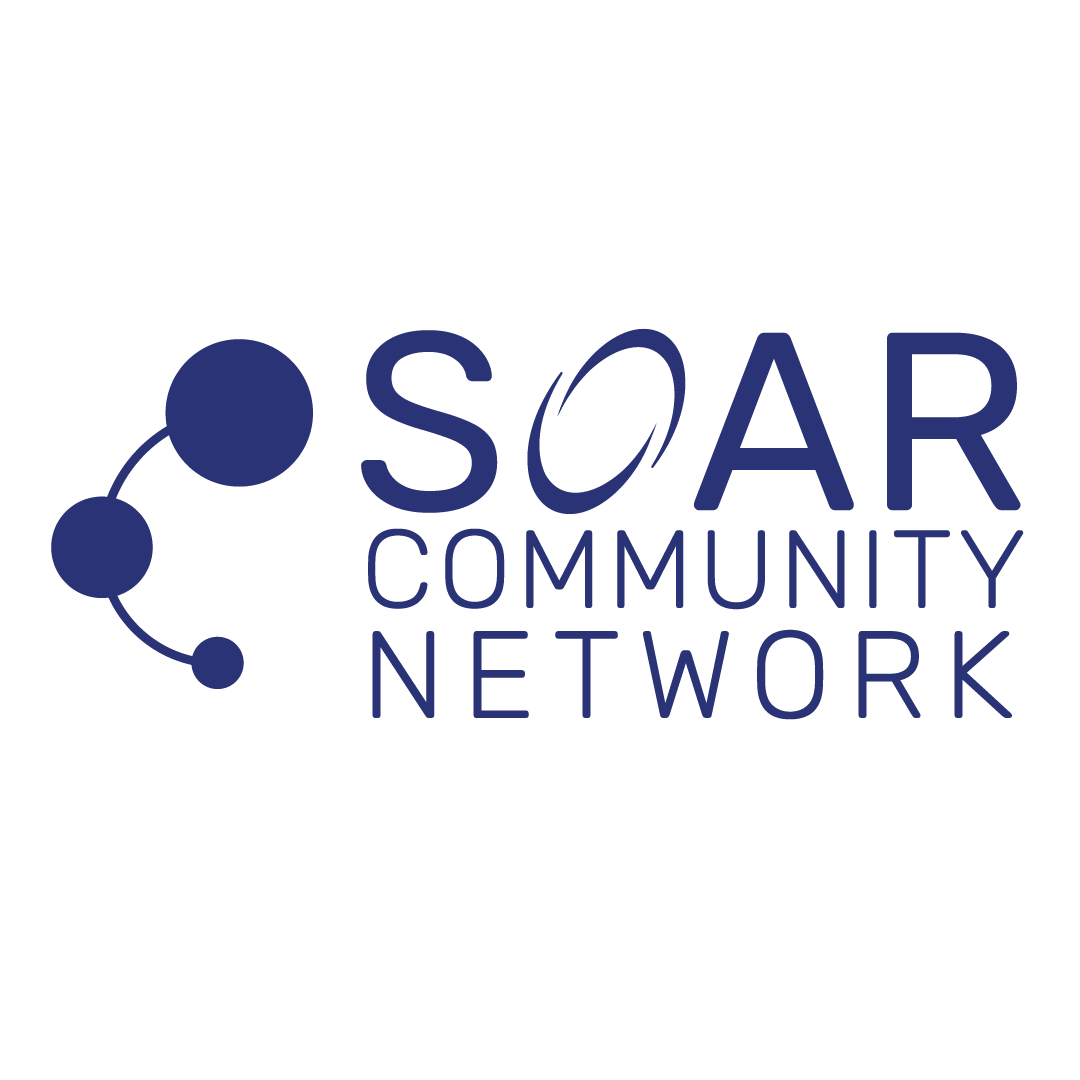Challenge:
In today’s fast-paced work environment, many employees struggle to maintain a healthy balance between their professional responsibilities and personal lives. When work interferes with personal time, it can lead to stress, burnout, and decreased productivity. Ensuring that employees can achieve a harmonious balance is crucial for their well-being and the overall success of the organization.
Solution:
To address this challenge, organizations need to implement strategies that support work-life balance. This involves understanding individual needs, setting clear boundaries, and promoting wellness initiatives. Here are three key strategies:
- Flexible Work Arrangements: Offering flexible work hours or remote work options can significantly help employees manage their work and personal responsibilities. By understanding each employee’s chronotype (their natural productivity pattern) and the team’s hybrid profile, organizations can tailor work schedules that align with when individuals are most productive. This personalized approach ensures that employees can work efficiently without compromising their personal time.
- Clear Boundaries: Encouraging employees to set and respect clear boundaries between work and personal life is essential. Implementing policies such as no after-hours emails or work-related communications helps employees disconnect and recharge. By fostering a culture that values time off, organizations can reduce burnout and improve overall job satisfaction.
- Wellness Programs: Promoting wellness initiatives that support both mental and physical health can greatly enhance employees’ ability to manage their well-being. Offering stress management workshops, access to fitness resources, and mental health support services provides employees with the tools they need to maintain a balanced and healthy lifestyle.
Action:
Implementing these strategies requires a structured approach:
- Assess Individual Needs: Begin by conducting assessments to understand the chronotypes of individual employees and the hybrid profile of teams. This information can guide the development of flexible work arrangements that cater to each employee’s natural rhythms.
- Develop and Communicate Policies: Create policies that establish clear boundaries between work and personal time. Communicate these policies effectively to ensure that all employees understand and adhere to them. Promote a culture that respects these boundaries and encourages employees to take time off without guilt.
- Launch Wellness Initiatives: Introduce wellness programs that focus on stress management, physical fitness, and mental health. Provide resources and support to help employees integrate these practices into their daily lives. Regularly evaluate the effectiveness of these programs and adjust them based on employee feedback and participation rates.
- Monitor and Adjust: Continuously monitor the impact of these strategies on employee well-being and productivity. Gather feedback through surveys and discussions to understand what’s working and where improvements are needed. Be prepared to make adjustments to better meet the needs of your workforce.
Conclusion:
These approaches align with the principles of our C3 Framework, which emphasizes creating a compassionate, cohesive, and collaborative workplace culture. By focusing on flexible work arrangements, clear boundaries, and wellness initiatives, organizations can ensure that employees achieve a healthy work-life balance. This not only enhances employee well-being but also boosts productivity and job satisfaction, leading to a more engaged and motivated workforce.
Hybrid Team Tool for SOAR Clients
Clients of the SOAR Community Network already have access to our exclusive C3 Hybrid Team Profile tool, designed to seamlessly integrate these strategies into your management practices. Click the link
Hybrid Team Tool Request
If you're not yet a client but are interested in learning how Hybrid Profiles can revolutionize your team management, we encourage you to reach out to us via Hybrid Tool Request Form. Discover how our tools and expertise can help you navigate the complexities of hybrid work effectively.

